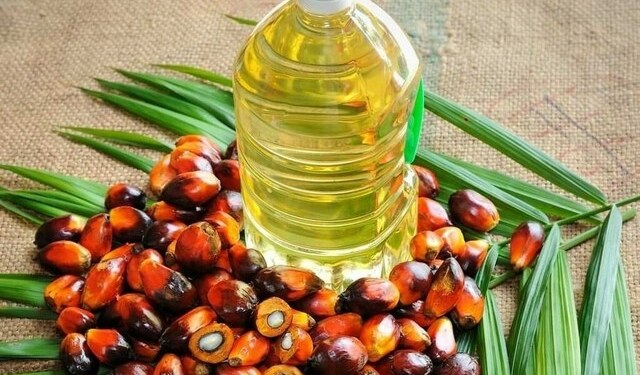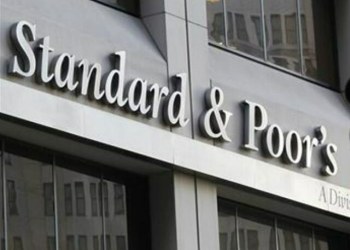* Indonesia produces 17 mln T of nickel ore per year – minister
* Nickel smelting capacity may reach 18 mln T this year – minister
* Freeport to convert to special mining permit – minister
* Freeport has to divest up to 51 pct, IPO being considered (Adds comment from minister, background)
By Fergus Jensen and Eveline Danubrata
JAKARTA, Jan 14 Indonesia’s senior mining officials defended the government’s new rules on Saturday, saying the amount of nickel ore and bauxite that can be exported by miners from the country will be “comparable” to their smelter capacity.
Indonesia’s government faced a sharp industry backlash after it unveiled sweeping new rules on Thursday reversing a ban on the export of nickel ore and bauxite under certain conditions. Analysts said the move could flood global markets and wreck prices.
But deputy mining minister Arcandra Tahar said the amount of ore that miners can export has to correspond to the input capacity of their smelters and that it has to be “comparable”.
“It’s not like they build small smelters and export as much as they can. No, we are going to regulate that,” Tahar said.
The share prices of companies that had heavily invested in smelters plunged after the new policy was announced. The government banned the export of nickel ore and bauxite in 2014 in order to spur higher-value processing of mineral ores. The ban cost Indonesia – once the world’s top nickel ore exporter and a major supplier of bauxite for aluminium – billions of dollars in lost revenue.
LOW-GRADE ORE
Minister of Energy and Mineral Resources Ignasius Jonan told reporters the regulations would require nickel miners to dedicate at least 30 percent of their smelter capacity to process low-grade ore, defined as having a nickel content of less than 1.7 percent.
“We want the low-grade ore to be utilised,” noting that the policy shift would protect jobs and increase export duties.
Low-grade ore is harder to process and smelters have been reluctant to take it. But in order for miners to get high-grade ore, they have to dig through low-grade ore first, which then gets thrown out.
Indonesia produces 17 million tonnes of nickel ore per year, of which 10 million is low-grade, according to Jonan. The country’s nickel smelting capacity is currently 16 million tonnes and may reach 18 million this year.
Miners will be able to export ore as long as they show progress toward building smelters in a five-year period among other conditions.
FREEPORT COPPER EXPORTS
Jonan also said the ministry received a letter from Freeport-McMoRan Inc on Friday stating its commitment to convert to a special mining permit, paving the way for the U.S. mining giant to continue exporting copper concentrates.
The government will grant an export recommendation for Freeport “soon”, Jonan said.
However, Freeport has to divest a stake of up to 51 percent, from 30 percent previously, at fair market value and an initial public offering is being considered, Jonan said. Freeport has only divested 9.36 percent so far.
A Freeport Indonesia spokesman said the company is still studying the impact of the special mining permit on its operations. (Reporting by Fergus Jensen; Additional reporting by Wilda Asmarini and Bernadette Christina Munthe; Writing by Eveline Danubrata)




























